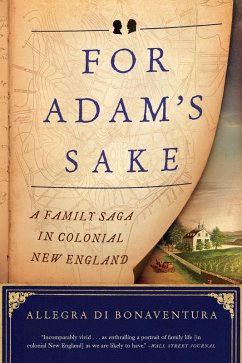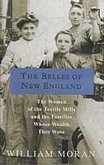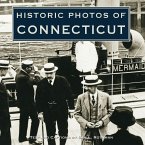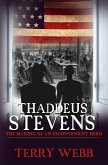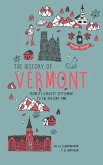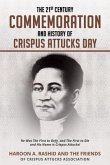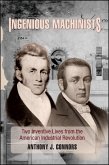Winner of the New England Historical Association's James P. Hanlan Book Award
Winner the Association for the Study of Connecticut History's Homer D. Babbidge Jr. Award
Incomparably vivid . . . as enthralling a portrait of family life [in colonial New England] as we are likely to have.Wall Street Journal
In the tradition of Laurel Thatcher Ulrich's classic, A Midwife's Tale, comes this groundbreaking narrative by one of America's most promising colonial historians. Joshua Hempstead was a well-respected farmer and tradesman in New London, Connecticut. As his remarkable diarykept from 1711 until 1758reveals, he was also a slave owner who owned Adam Jackson for over thirty years. In this engrossing narrative of family life and the slave experience in the colonial North, Allegra di Bonaventura describes the complexity of this master/slave relationship and traces the intertwining stories of two families until the eve of the Revolution. Slavery is often left out of our collective memory of New England's history, but it was hugely impactful on the central unit of colonial life: the family. In every corner, the lines between slavery and freedom were blurred as families across the social spectrum fought to survive. In this enlightening study, a new portrait of an era emerges.
Winner the Association for the Study of Connecticut History's Homer D. Babbidge Jr. Award
Incomparably vivid . . . as enthralling a portrait of family life [in colonial New England] as we are likely to have.Wall Street Journal
In the tradition of Laurel Thatcher Ulrich's classic, A Midwife's Tale, comes this groundbreaking narrative by one of America's most promising colonial historians. Joshua Hempstead was a well-respected farmer and tradesman in New London, Connecticut. As his remarkable diarykept from 1711 until 1758reveals, he was also a slave owner who owned Adam Jackson for over thirty years. In this engrossing narrative of family life and the slave experience in the colonial North, Allegra di Bonaventura describes the complexity of this master/slave relationship and traces the intertwining stories of two families until the eve of the Revolution. Slavery is often left out of our collective memory of New England's history, but it was hugely impactful on the central unit of colonial life: the family. In every corner, the lines between slavery and freedom were blurred as families across the social spectrum fought to survive. In this enlightening study, a new portrait of an era emerges.
Dieser Download kann aus rechtlichen Gründen nur mit Rechnungsadresse in A, D ausgeliefert werden.

